Stop Throwing Away So Much Food! These Tips Can Help.
Fact: 130 billion pounds of food is tossed each year in the U.S. alone. But with a few minor tweaks to the way we eat, shop, and think, we can stop food waste. These 12 smart and easy hacks can help!
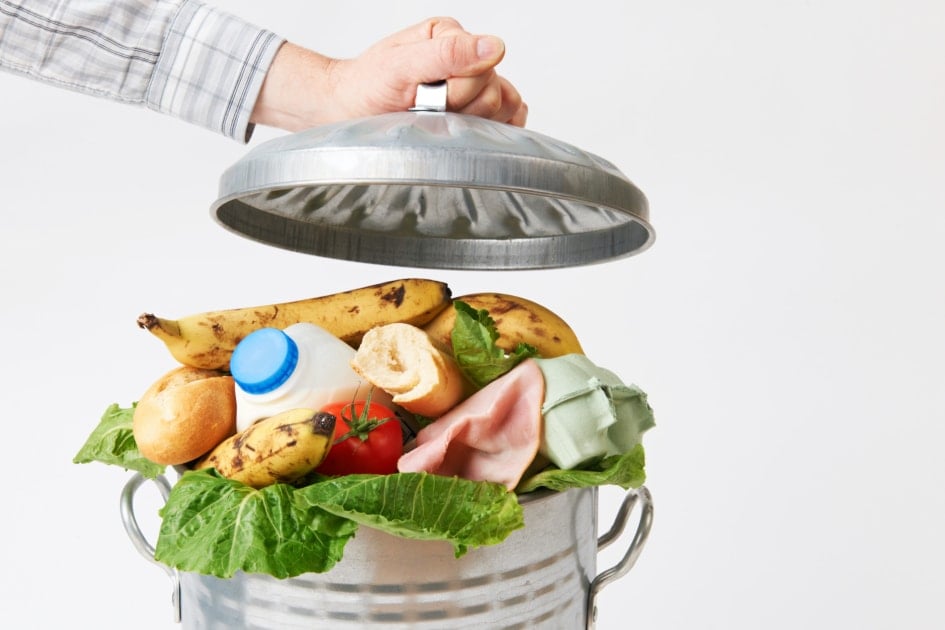
Imagine going to your garden during its peak production. You harvest two tomatoes and then throw a third at the fence as hard as you can, destroying it. Crazy, right? But that’s exactly what people do every day—waste perfectly edible food. Over 130 billion pounds of food, at both the consumer and retail levels, is wasted each year. Any time food is thrown out, all the resources and energy that went into it—from the time the seed was planted or before the animal was born—is wasted. But preventing food waste can be relatively easy. If we all mindfully change a few habits, however, we can significantly reduce the amount of wasted food in North America.
Here are 12 proven tips to help you with this growing concern.
Preventing Food Waste At Home
- Eat what you have first. Look in your pantry, freezer, and refrigerator. Design meals around what you have rather than ignoring what’s there because you saw a new recipe or have a hankering for beef when all you have is leftover pork in the fridge. You can still try new recipes. Turn yesterday’s pork tenderloin into today’s pork tacos, and tomorrow’s pork sandwiches.
- Think about storage. The coldest parts of a refrigerator are the back and bottom, while the warmest part is the door. Placing milk far back and low down in the fridge may mean less sour milk down the drain. Condiments and pickles that are high in natural preservatives like vinegar and salt are fine when stored in the door. Store berries unwashed until right before use to prevent mold growth.
- Use Your Freezer. As soon as you get home from the store, divide the ground chuck or skinless chicken breasts into meal-sized portions, and freeze them so the meat won’t go bad before you get around to eating it. Bread, shredded cheese, and many vegetables also freeze well.
- Compost. While it’s best to eat everything you buy, we all create some food waste. Instead of tossing banana peels or coffee grounds down the disposal or into the trash, put your food waste to work in the garden! All food waste, except meat scraps, can be safely composted and turned into nutrient-rich garden soil.
Preventing Food Waste At The Store
- Shop Smart. Before you go to the grocery store, do a quick inventory to avoid buying foods you already have. Today’s sale on fresh citrus won’t save you money if you end up throwing out the dozen oranges you already had in the fridge.
- Think Big Picture. If you know you’ll be eating something today, choose the product that’s close to its to sell-by date to ensure it gets eaten rather than tossed by the store.
- Be Honest. Are you really going to cook dinner every night, or will the ingredients you buy for half of those meals be wasted because you’re invited out one night, are too tired to cook the next, and order pizza another?
- Share. If you can’t resist buying perishables in large quantities at the warehouse store, or receive a share of produce from a community-supported agriculture (CSA) program each week, find someone to share it with so the excess isn’t wasted.
- Learn to Eat Ugly. Fruits and vegetables that aren’t perfectly shaped, blemish-free, and uniformly colored are often discarded before reaching the produce aisle. Don’t be afraid to use the weird-shaped squash or the slightly bruised apple. Eat the skins of potatoes, cucumbers, and other vegetables we traditionally peel. The tops of some vegetables like beets can be used as salad greens. “Waste” like broccoli and cauliflower stalks can be chopped and added to soups, or spiralized to use as a healthy pasta substitute.
More Helpful Tips
- Donate Excess. If the crowd for a community event is overestimated, donate the unserved food to a homeless or women’s shelter rather than throwing it away. Encourage commercial operations in your community to do the same.
- Take it Home. After the office barbecue, snag the leftover veggie tray or speak up before those extra bags of hotdog buns hit the dumpster. If you can use them, keep them out of the waste stream.
- Encourage Meal Changes. Studies have shown kids waste up to 30% less food if school lunch is served after recess rather than before. Also, suggest eliminating trays. All-you-can-eat cafeteria-style dining facilities have found this small change cuts food waste by 20–50% because diners no longer pile trays high with food they will be unable to finish.

Judy Kneiszel
Judy Kneiszel is a freelance writer from De Pere, Wisconsin. She contributes to regional and national magazines and newsletters, writing on a wide variety of topics including food, farming, health, renewable energy, and running a small business.

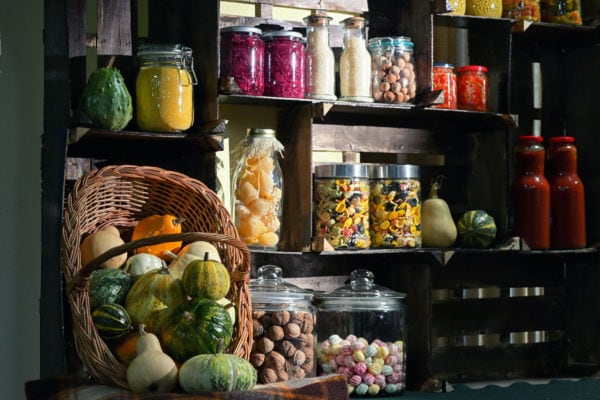
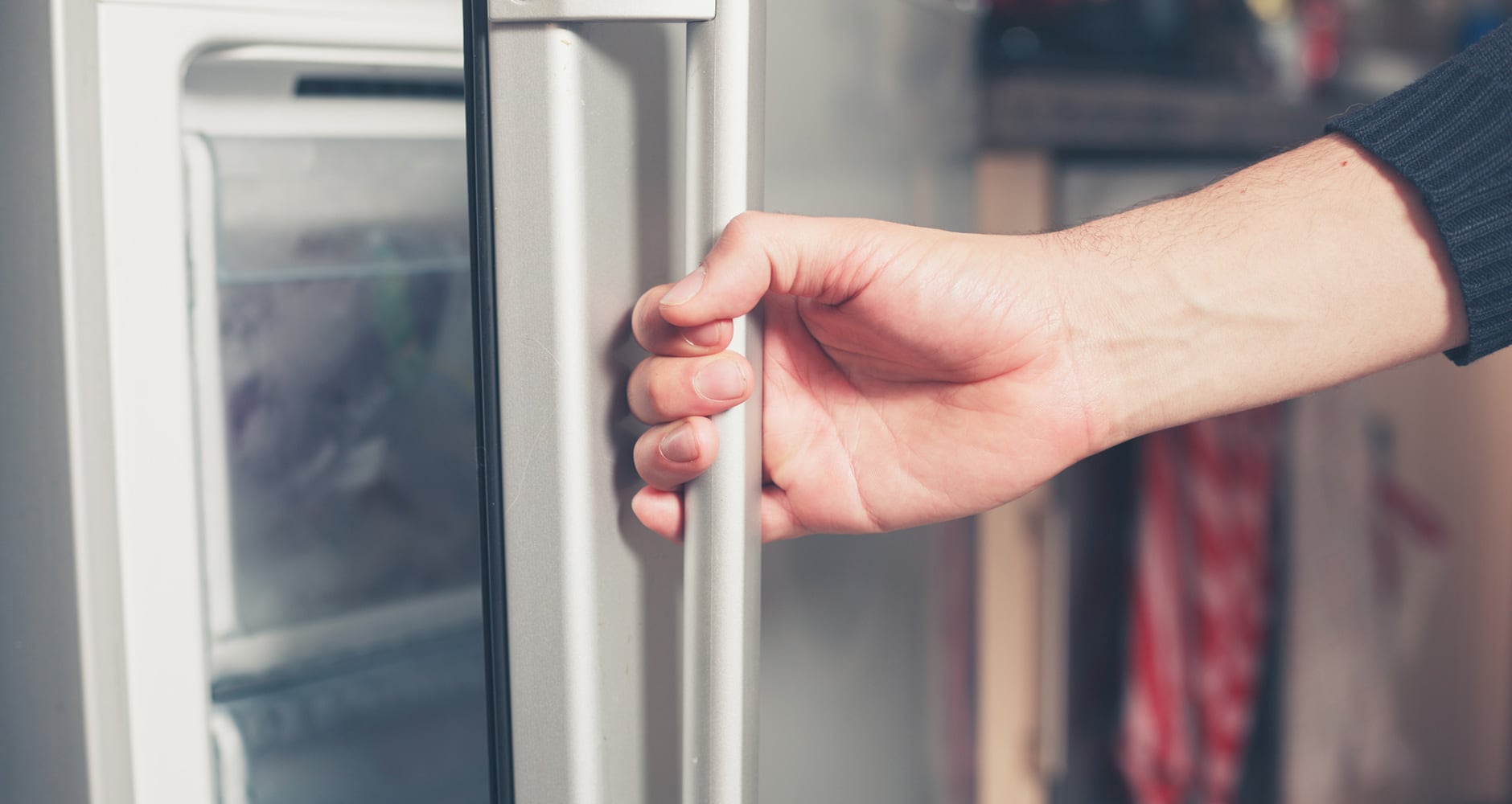
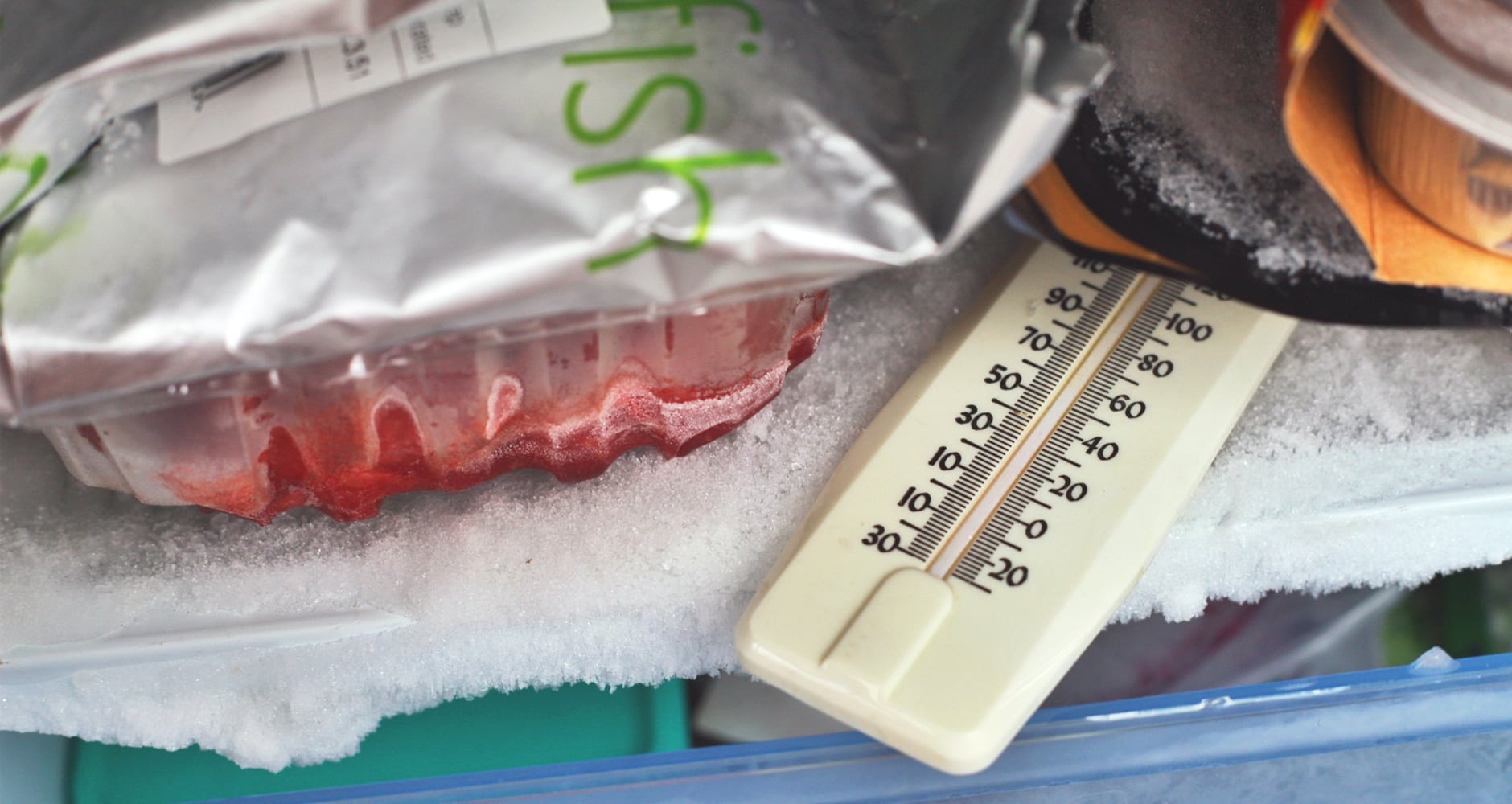
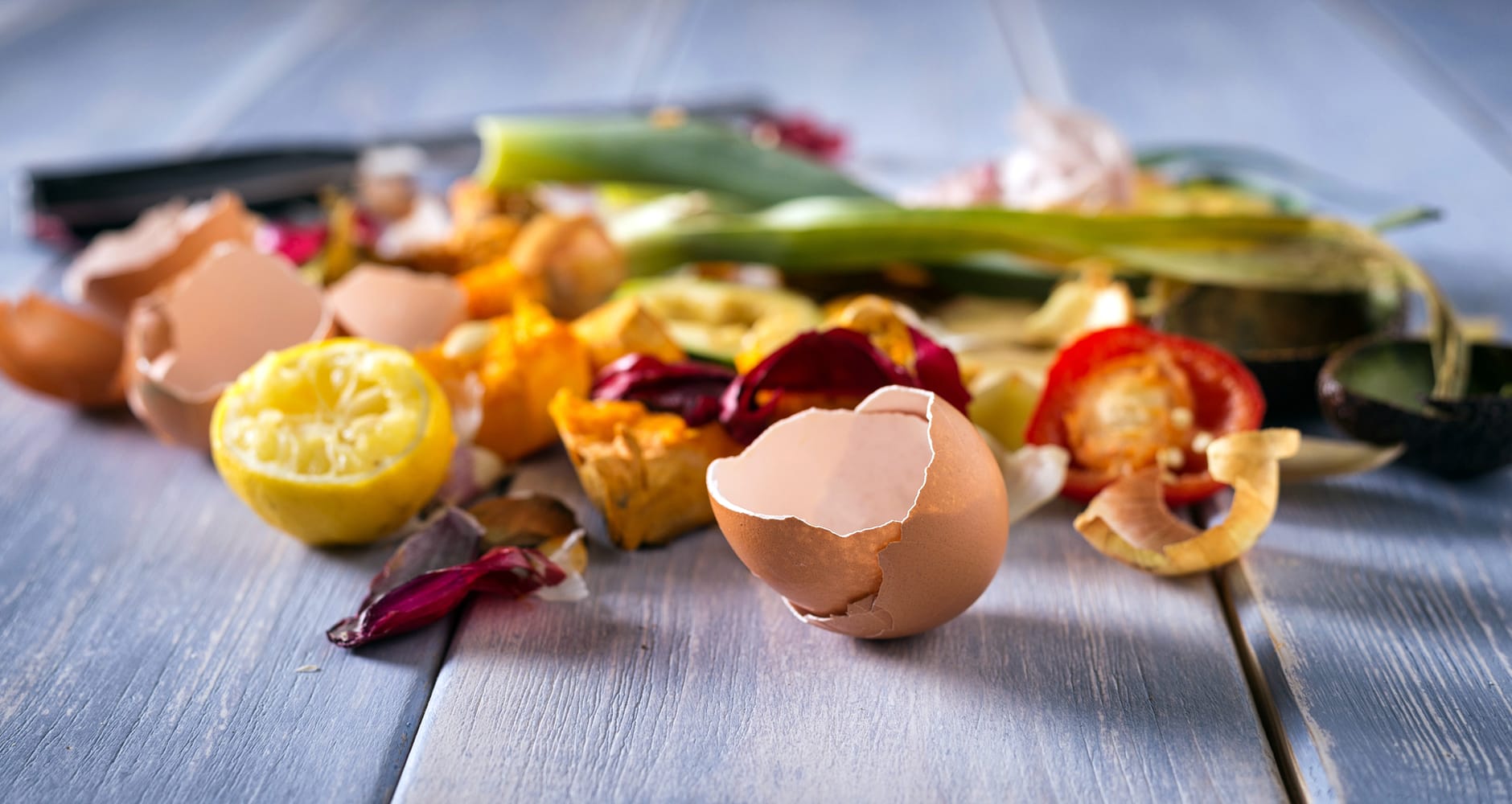

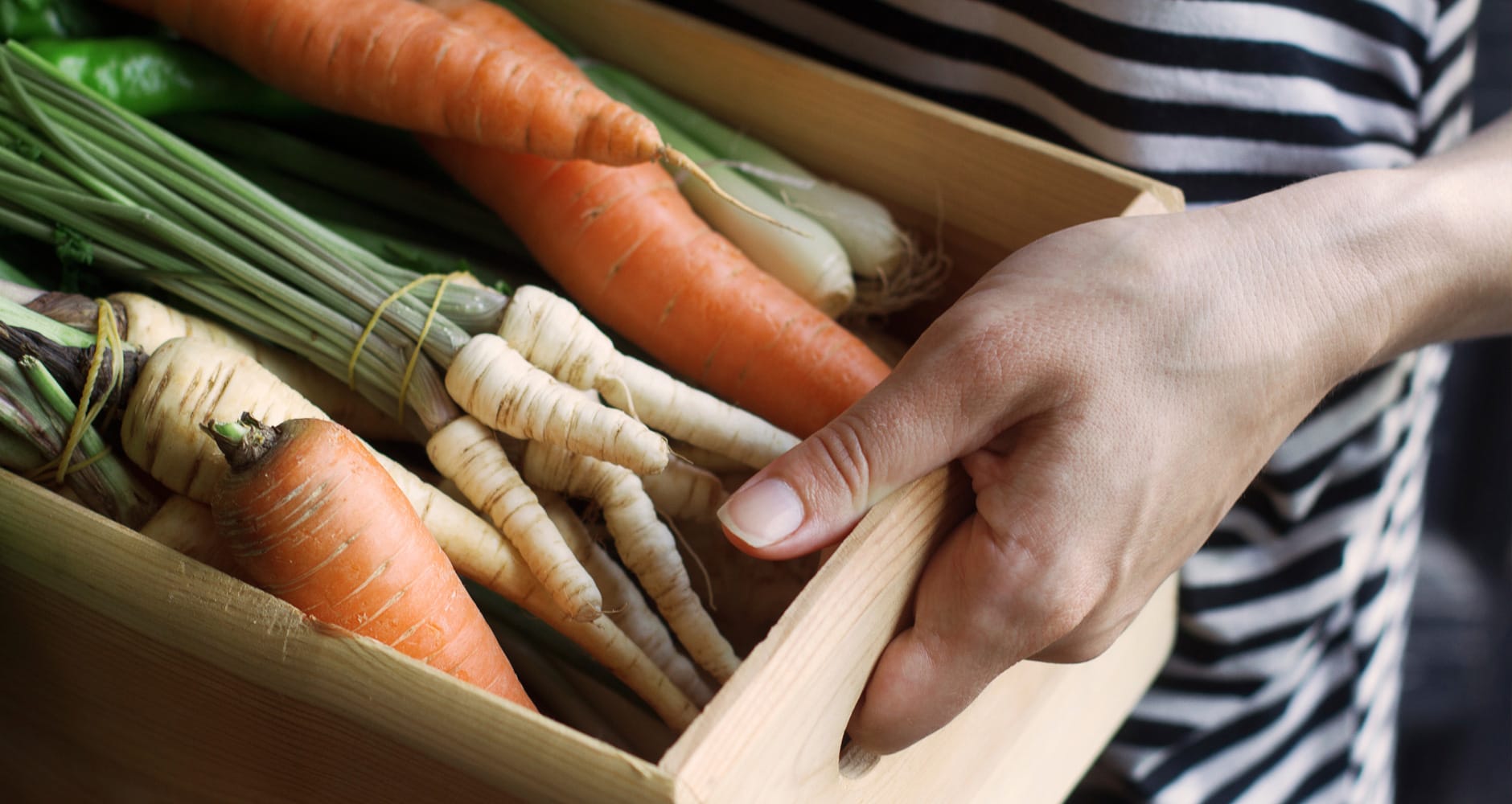





Your so right,I raise my on garden, and my I make my grankids put a small serving, i tell them to eat that and if want more put just what they can eat, I had to learn their friends that come and spend the night how to eat all their food, if they don’t drink all their tea or milk, I make them put it in frig. and drink it the next day, And no food is cooked until all left overs are ate. It is sad lot of kids go to bed hungry and the way people waste food, If their friends kept on dumping half plate of food into dog bowl I stop them from coming over and eating, and the all the dumb ass parents lets all these little brats waste all the food that they work hard for.
Grow some of your own fruits and vegetables